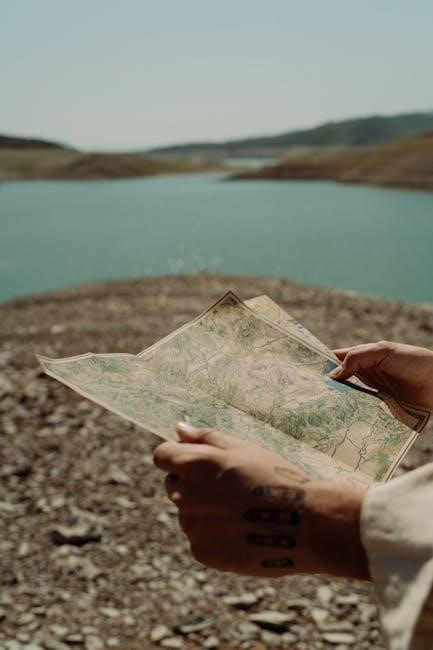
Lake Grenada Crappie Guides offer expert guidance for crappie fishing‚ providing tailored trips for both experienced anglers and newcomers. Renowned for their extensive knowledge of prime fishing spots‚ these guides ensure memorable and successful fishing experiences on Lake Grenada.
1.1 Overview of Lake Grenada and Its Fishing Scene
Lake Grenada‚ located in North Mississippi‚ is a renowned destination for crappie fishing. Originally constructed as a reservoir for flood control‚ the lake has evolved into a thriving spot for anglers. Its crystal-clear waters and abundant fish populations make it a favorite among both casual and experienced fishermen. During summer‚ the lake is popular for water sports‚ while its fishing scene attracts visitors year-round. Known as “The Home of the 3-Pound Crappie‚” Lake Grenada offers diverse fishing opportunities‚ with crappie being the star attraction‚ supported by expert guides and well-maintained facilities.
1.2 The Popularity of Crappie Fishing in Lake Grenada
Lake Grenada has gained a reputation as a premier destination for crappie fishing‚ attracting anglers from across the country. Known for its abundant crappie population‚ the lake is particularly famous for producing trophy-sized fish‚ with many exceeding three pounds. Its clear waters and diverse underwater structures‚ such as submerged humps and vegetation lines‚ provide ideal habitats for crappie. The lake’s fishing scene is further enhanced by experienced guides and well-organized fishing events‚ making it a hotspot for both recreational and competitive anglers. This combination of natural resources and expert guidance has solidified Lake Grenada’s status as a crappie fishing paradise.
1.3 Why Hire a Crappie Guide for Lake Grenada?
Hiring a crappie guide for Lake Grenada offers numerous advantages‚ especially for those unfamiliar with the lake’s unique fishing conditions. Guides possess extensive local knowledge‚ ensuring anglers can quickly locate the best fishing spots and techniques. Their expertise in reading water conditions‚ seasonal patterns‚ and crappie behavior maximizes the chances of a successful trip. Additionally‚ guides provide access to high-quality gear and proven strategies‚ saving time and effort. Whether you’re a novice or experienced angler‚ a guide enhances the overall fishing experience‚ helping you make the most of your time on the water.
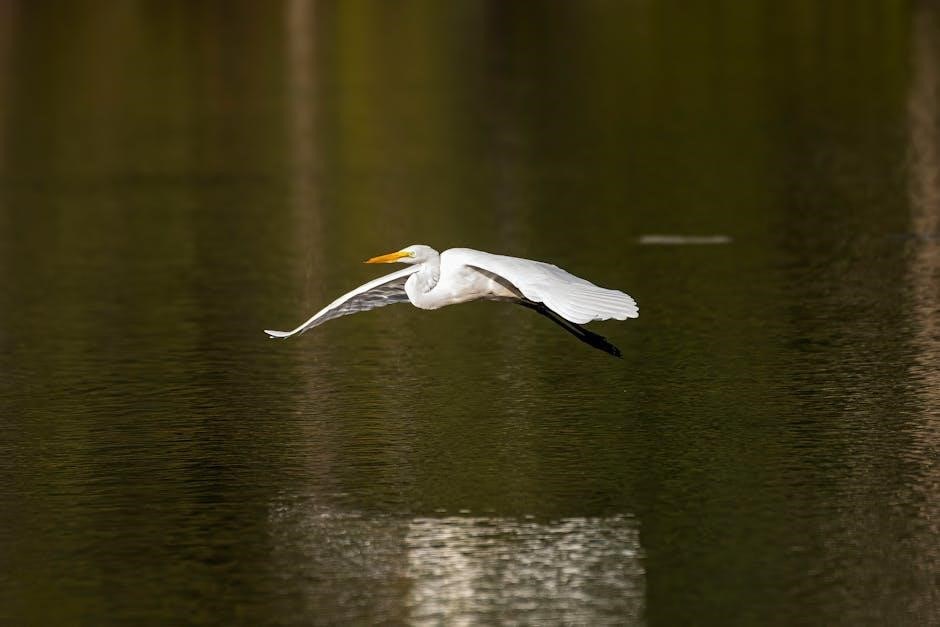
Top Crappie Fishing Guides on Lake Grenada
Lake Grenada is home to expert guides like Patrick Stone‚ John Harrison‚ and Grenada Lake Charters‚ offering unparalleled expertise‚ ensuring successful and memorable crappie fishing experiences.
2.1 Patrick Stone: A Seasoned Guide with 16 Years of Experience
With over 16 years of guiding on Lake Grenada‚ Patrick Stone is renowned for his deep knowledge of crappie behavior and habitats. His extensive experience allows him to pinpoint prime fishing spots‚ ensuring consistent results. Patrick specializes in both trolling and jigging techniques‚ adapting his methods to seasonal patterns. He uses high-quality gear and shares valuable tips with clients. His dedication and expertise have earned him a stellar reputation among anglers‚ making him a top choice for those seeking a memorable crappie fishing experience on Lake Grenada.
2.2 John Harrison: A Master of Trophy Crappie Fishing
John Harrison is a highly respected guide on Lake Grenada‚ specializing in trophy crappie fishing. With a focus on landing large catches‚ he employs advanced techniques such as precision jigging and trolling. John’s expertise lies in understanding crappie migration patterns and habitat preferences‚ allowing him to target bigger fish effectively. He uses custom-tuned gear and shares insightful strategies with clients. Known for his patience and dedication‚ John has built a reputation for delivering exceptional fishing experiences‚ making him a favorite among serious anglers seeking trophy-sized crappie on Lake Grenada.
2.3 Grenada Lake Charters: Versatile and Experienced Guides
Grenada Lake Charters offers a team of versatile and experienced guides dedicated to providing exceptional crappie fishing experiences. Their expertise spans various fishing techniques‚ including spider rigging‚ trolling‚ and jigging‚ ensuring adaptability to changing conditions. With extensive knowledge of Lake Grenada’s waters‚ they excel at locating schooling crappie and structuring trips to suit both novice and seasoned anglers. The guides emphasize a client-focused approach‚ sharing tips and strategies to enhance fishing success. Their reputation for consistency and professionalism makes Grenada Lake Charters a top choice for anglers seeking memorable crappie fishing adventures on Lake Grenada.
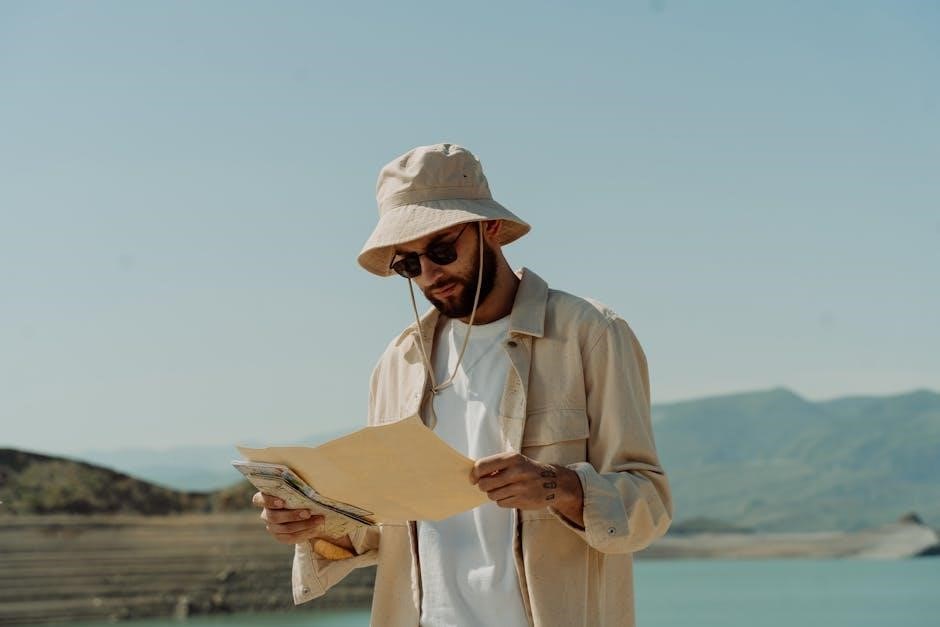
Best Fishing Spots on Lake Grenada
Lake Grenada offers diverse fishing spots‚ including docks‚ river mouths‚ submerged structures‚ and vegetation lines. These areas are known for productive crappie fishing year-round.
3.1 Docks‚ Marinas‚ and Jetties
Docks‚ marinas‚ and jetties are prime spots for crappie fishing on Lake Grenada. These structures provide shade and cover‚ attracting crappie year-round. Anglers often find success using jigs or minnows near these areas‚ especially during early morning or late evening when fish are most active. The submerged pilings and edges of jetties create ideal habitats for crappie to ambush prey. During spawning season‚ crappie often stage near these structures before moving to shallower areas. Experienced guides recommend targeting the deeper edges of docks and jetties‚ particularly in spring and fall‚ for consistent bites.
3.2 River Mouths and Creek Inlets
River mouths and creek inlets on Lake Grenada are hotspots for crappie‚ particularly during seasonal migrations. These areas feature moving water‚ which attracts baitfish and crappie alike. Spring and fall are prime times to target these zones‚ as crappie move into shallower waters to feed. Anglers often use jigs or minnows near the edges of current flows or along submerged logs. The mixing of warm and cool water creates ideal conditions for crappie to ambush prey. Guides recommend focusing on the upper sections of creek arms‚ where structure and bait concentrations are highest‚ to maximize catches in these dynamic environments.
3.3 Points‚ Humps‚ and Submerged Structures
Points‚ humps‚ and submerged structures are key areas for targeting crappie on Lake Grenada‚ especially in deeper waters. These underwater features provide ambush points for crappie‚ making them ideal for jigging or trolling. During summer and winter‚ crappie often gravitate to these structures for food and shelter; Anglers should focus on drop-offs‚ rocky humps‚ and sunken logs‚ using depth finders to locate schools. Spider rigging or vertical jigging with minnows and jigs are effective techniques. Guides recommend patience and precise presentations when fishing these areas‚ as crappie can be finicky but rewarding when targeted correctly.
3.4 Vegetation Lines and Weed Beds
Vegetation lines and weed beds are prime spots for crappie in Lake Grenada‚ offering ample cover and food sources. Crappie often linger near submerged grasses‚ cypress trees‚ and lily pads‚ where baitfish hide. Anglers should target the edges of these areas‚ especially during early morning or late evening when crappie feed actively. Using jigs or minnows along vegetation lines can be highly effective. It’s important to approach quietly to avoid spooking fish and make precise casts to avoid getting tangled in the vegetation. Seasonal changes may concentrate crappie in these areas‚ making them a reliable option for consistent catches.
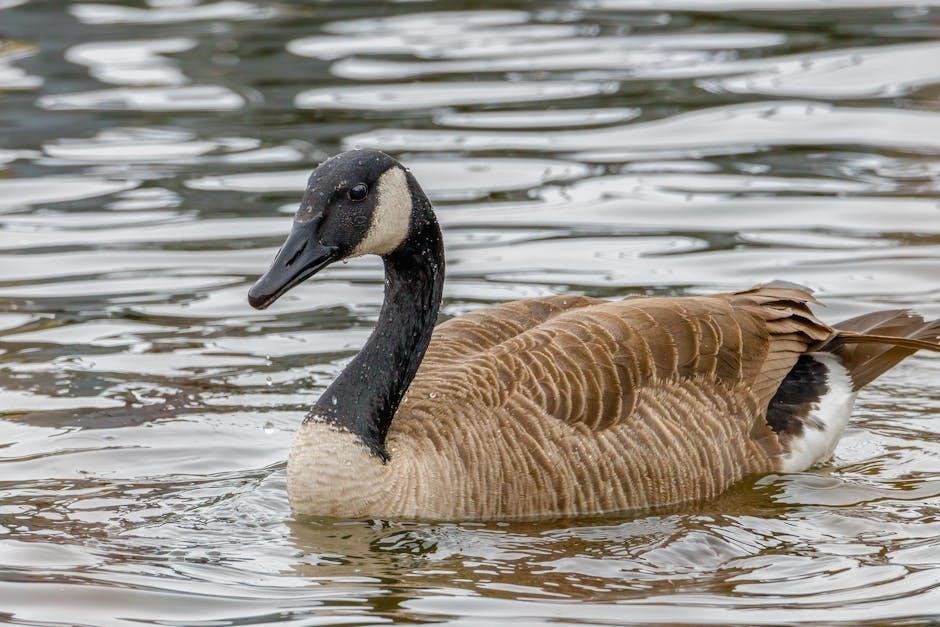
Tackle and Gear Recommendations
For Lake Grenada crappie‚ ultra-light rods and reels with 4-6 lb monofilament line are ideal. Use jigs‚ spinnerbaits‚ or minnows. Carry a net and tackle box.
4.1 Rods and Reels for Crappie Fishing
For crappie fishing on Lake Grenada‚ use ultra-light to medium-light action rods (6-8 feet) paired with spinning or baitcasting reels. These setups provide sensitivity for detecting bites and control for landing crappie. Look for reels with smooth drag systems and a good line capacity for 4-8 lb monofilament or fluorocarbon lines. Longer rods (7+ feet) excel for spider rigging‚ while shorter rods are ideal for jigging or trolling. Match your gear to the fishing technique and target size to maximize efficiency and enjoyment on the water.
4.2 Best Lures and Baits for Lake Grenada Crappie
Crappie in Lake Grenada respond well to a variety of lures and baits. Small jigs (1/16 to 1/8 oz) in chartreuse‚ white‚ or black/chartreuse are highly effective. Spinnerbaits and curly tail grubs also work well‚ especially in clearer waters. For live bait‚ fathead minnows and small jigs tipped with minnows are go-to choices. In deeper structures‚ minnows under a float or on a jighead excel. Trolling with small crankbaits or inline spinners can cover more area and target suspended crappie. Matching your bait to the water clarity and season will increase your chances of success on Lake Grenada.
4.3 The Importance of Ultra-Light Tackle
Using ultra-light tackle is crucial for crappie fishing on Lake Grenada. Lighter gear enhances sensitivity‚ allowing anglers to feel even the slightest bites‚ which is essential for crappie’s delicate strikes. Ultra-light tackle also improves control when fighting fish‚ especially in Lake Grenada’s structure-heavy waters. It enables precise casting and reduces fatigue during long fishing sessions. Many guides recommend ultra-light setups to effectively target both white and black crappie. This approach ensures a more enjoyable and productive fishing experience‚ making it a must-have for anglers on Lake Grenada.
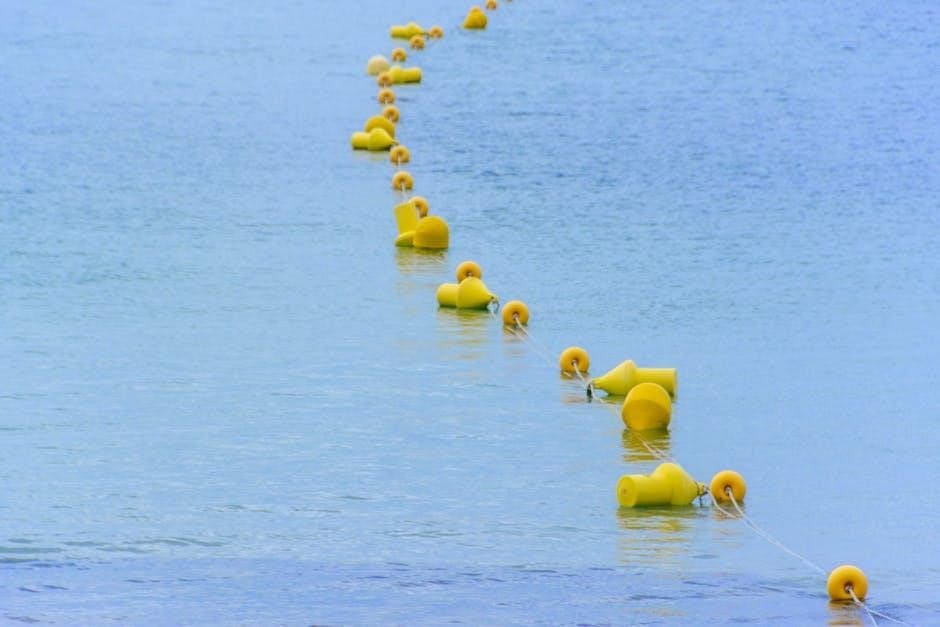
Fishing Techniques for Lake Grenada Crappie
Lake Grenada crappie fishing requires versatile techniques‚ from shallow water jigging to deep trolling. Guides often adapt methods based on seasonal patterns and water conditions.
5.1 Spider Rigging: A Popular Method for Crappie
Spider rigging is a highly effective technique for targeting crappie in Lake Grenada‚ especially during spawning season. This method involves using multiple rods with jigs or minnows suspended at varying depths. Guides often employ this tactic to cover large areas quickly‚ maximizing the chances of locating schooling crappie. The setup allows anglers to present baits at different levels‚ increasing the likelihood of bites. Spider rigging is particularly effective in shallow waters near vegetation or structure‚ where crappie tend to congregate. It’s a favorite among experienced anglers and guides due to its versatility and success rate in Lake Grenada’s unique fishing conditions.
5.2 Trolling Techniques for Deep Water
Trolling is a proven method for targeting deep-water crappie in Lake Grenada‚ especially during summer months when fish retreat to cooler depths. Guides often use crankbaits or spinner rigs to cover large areas efficiently. The technique involves slowly moving the boat while dragging lures or bait at precise depths. Downriggers or trolling motors with GPS capabilities are essential for maintaining consistent depths. Anglers can also employ planer boards to spread multiple lines across different depths. Trolling allows anglers to locate schools of crappie in Lake Grenada’s deeper waters‚ making it a reliable tactic for successful trips.
5.3 Jigging and Minnow Tactics
Jigging and minnow tactics are highly effective for targeting crappie in Lake Grenada‚ particularly near submerged structures and weed beds. Guides recommend using small‚ weighted jigs that mimic injured baitfish or minnows. Vertical jigging with a gentle lift-and-drop action can entice crappie to strike. Live minnows‚ either on a jighead or under a float‚ are also irresistible to crappie. The key is to present the bait naturally‚ allowing it to settle near schools. This method works well in deeper waters and around cover‚ making it a go-to technique for both experienced anglers and those guided by Lake Grenada’s expert crappie professionals.
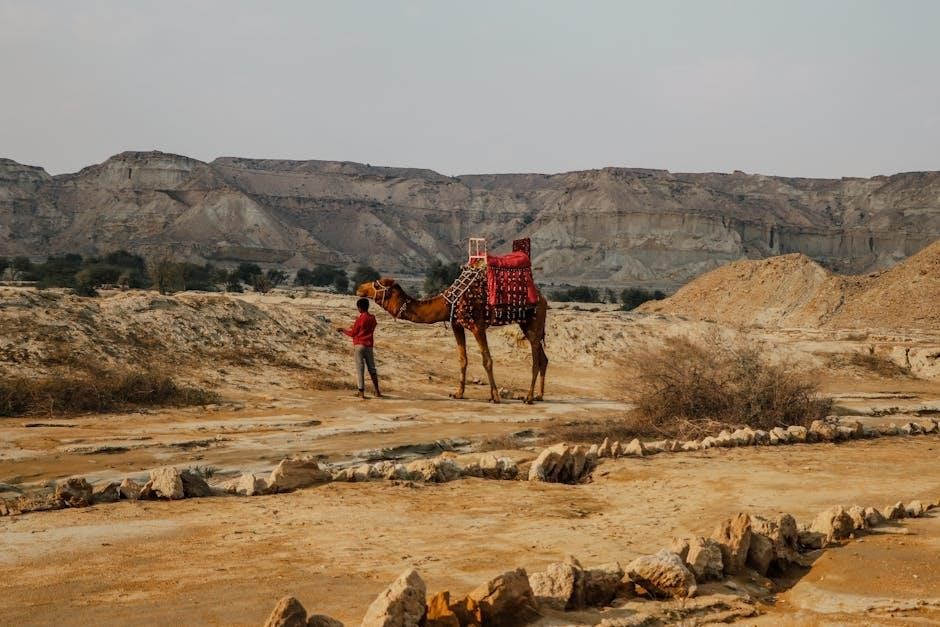
Seasonal Patterns and Migration
Lake Grenada crappie exhibit distinct seasonal patterns‚ migrating between shallow spawning areas in spring and deeper‚ cooler waters in summer‚ with guides adapting strategies to match.
6.1 Spring Fishing: Spawning Season
Spring is prime time for crappie fishing on Lake Grenada‚ as fish move into shallow waters for spawning. Water temperatures typically range from 55°F to 65°F during this period‚ triggering aggressive feeding behavior. Crappie often congregate near submerged vegetation‚ rocks‚ or sunken logs in coves and bays. Anglers can expect action-packed mornings and evenings‚ with crappie striking jigs‚ minnows‚ and spinnerbaits. Guides emphasize the importance of stealth and precision‚ as fish are sensitive to disturbances in shallow areas. The spawn is a rewarding time to land both white and black crappie‚ making it a favorite season for many anglers visiting Lake Grenada.
6.2 Summer Fishing: Deep Water Tactics
During summer‚ Lake Grenada’s crappie seek deeper‚ cooler waters‚ typically 10-20 feet deep. Anglers target structures like submerged humps‚ drop-offs‚ and underwater ridges. Live bait‚ such as minnows‚ and small jigs in white or chartreuse are effective. Trolling slowly near these structures or using a spider rig can yield consistent results. Early morning and late evening are prime times‚ as crappie move shallower to feed. Guides often recommend using depth finders to locate schools and adjust presentations accordingly. Patience and precise positioning are key to succeeding in Lake Grenada’s summer crappie fishing.
6.3 Fall Fishing: Schooling Patterns
In fall‚ Lake Grenada’s crappie form large schools‚ moving to specific areas as water cools. Key spots include creek channels‚ submerged structures‚ and vegetation lines near deeper water. Crappie often suspend 5-15 feet deep‚ feeding on baitfish. Live minnows and small crankbaits in shad or minnow patterns are highly effective. Mid-morning to early afternoon is prime time as schools become active. Guides recommend targeting the North and Skuna Creek channels‚ where crappie congregate. Using jigging spoons or trolling near schools can yield impressive catches. Fall’s schooling patterns make it an exciting time to land multiple fish quickly on Lake Grenada.
6.4 Winter Fishing: Targeting Structure
During winter‚ Lake Grenada’s crappie seek deeper‚ warmer waters near structural elements like submerged humps‚ drop-offs‚ and bridge pilings. These areas provide refuge from cold temperatures. Anglers should focus on depths of 15-30 feet‚ using jigs or minnows on slow‚ vertical presentations. Key spots include the main lake’s humps and creek channel bends. Guides emphasize the importance of precise depth control and patience‚ as crappie are less active. Electronic depth finders are crucial for locating schools. Winter’s cooler waters offer consistent action for those skilled at targeting structure and understanding crappie behavior during this season on Lake Grenada.
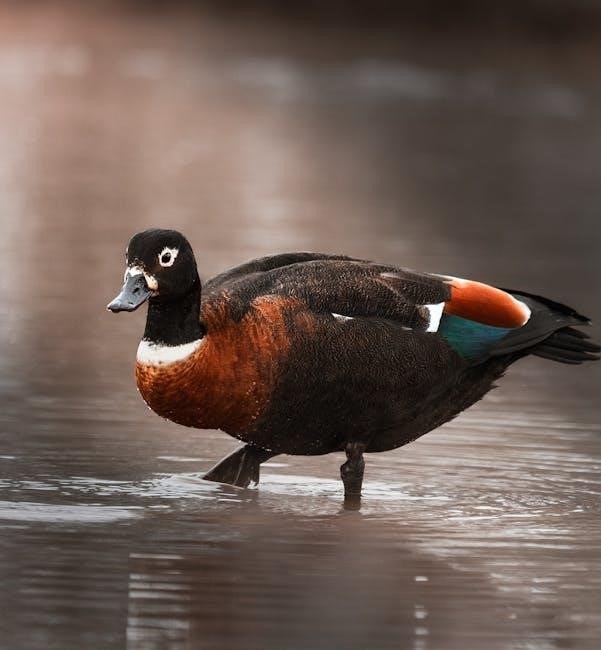
Local Facilities and Amenities
Lake Grenada offers excellent facilities‚ including marinas with boat launches‚ cozy accommodations‚ and diverse dining options‚ ensuring a comfortable experience for anglers and tourists alike.
7.1 Marinas and Boat Launches
Lake Grenada boasts well-equipped marinas and public boat launches‚ providing easy access to the water. Grenada Marina and North Shore Marina offer boat slips‚ fuel‚ and repair services. Public launches like the Grenada Landing allow anglers to launch their vessels conveniently. Many marinas also feature bait shops‚ tackle stores‚ and fishing gear rentals. Ample parking and restroom facilities are available‚ making it hassle-free for visitors. These amenities ensure anglers can focus on their fishing experience while having all essentials within reach. The marinas also serve as hubs for fishing updates and local tips‚ enhancing the overall fishing adventure.
7.2 Accommodations for Anglers
Lake Grenada offers a variety of accommodations tailored to anglers‚ ensuring a comfortable stay during fishing trips. Options range from cozy lakeside cabins and fishing lodges to budget-friendly campgrounds. Many resorts provide boat parking‚ gear storage‚ and easy access to the water. Some lodgings even offer fishing packages‚ including guide services and equipment rentals. Whether you prefer luxury or rustic charm‚ there’s something for every angler. Conveniently located near marinas and boat launches‚ these accommodations make planning your fishing adventure seamless and stress-free.
7.3 Dining Options Near the Lake
Lake Grenada’s surrounding area boasts a variety of dining options perfect for anglers. From casual eateries serving Southern comfort food to waterfront restaurants offering fresh seafood‚ there’s something for every palate. Many local favorites specialize in regional dishes like catfish‚ hushpuppies‚ and Mississippi Delta classics. Picnic areas and BBQ joints are also plentiful‚ ideal for a quick bite after a day on the water. Conveniently located near marinas and fishing spots‚ these dining options provide a welcoming break‚ allowing anglers to refuel and share stories of their fishing adventures.
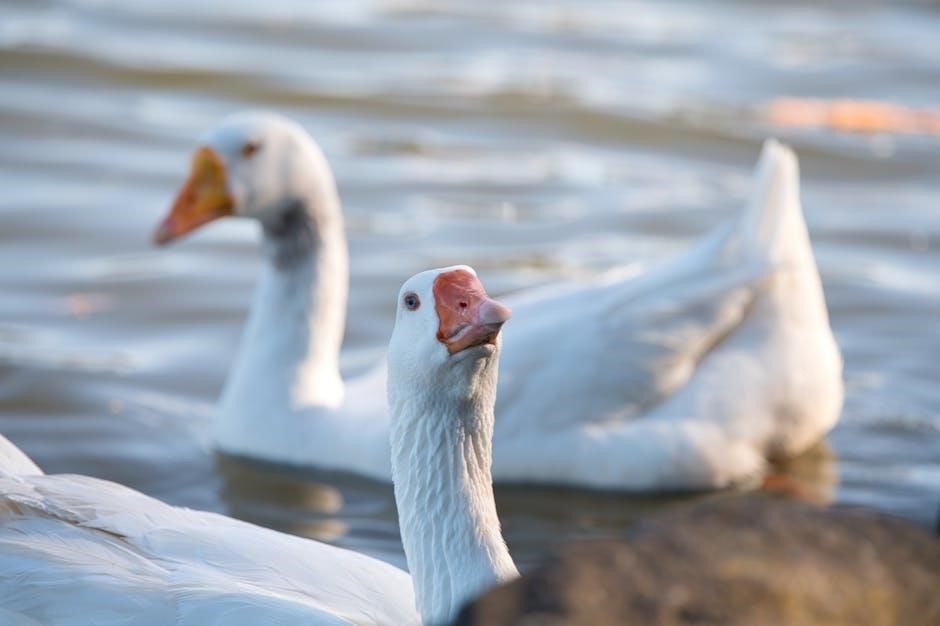
Regulations and Licensing
Regulations and licensing are essential for sustainable fishing. Anglers must obtain proper permits and follow local rules to ensure compliance and preservation of Lake Grenada’s ecosystem.
8.1 Fishing Permits and Licenses
Fishing on Lake Grenada requires valid permits and licenses. Anglers must purchase a Mississippi fishing license‚ available at local tackle shops or online. Non-residents need a temporary permit. Ensure compliance with state regulations to avoid penalties. Licenses help fund conservation efforts‚ maintaining healthy fish populations and habitats. Guides often assist clients with licensing procedures‚ ensuring a smooth experience. Always carry your license while fishing to comply with legal requirements and support sustainable fishing practices in Lake Grenada.
8.2 Catch Limits and Size Restrictions
Lake Grenada enforces specific catch limits and size restrictions to ensure sustainable crappie populations. The daily limit for crappie is typically 30 per person‚ with a minimum size of 12 inches. These regulations help maintain healthy fish stocks and protect spawning adults. Anglers must release undersized crappie to preserve the ecosystem. Guides often emphasize adherence to these rules to promote responsible fishing practices. Always check local updates‚ as limits may vary seasonally or due to conservation efforts. Compliance ensures the long-term health of Lake Grenada’s crappie fishery for future anglers.
8.4 Guide Fees and Requirements
Guide fees on Lake Grenada vary depending on the service and duration of the trip. Full-day trips typically range from $300 to $600‚ while half-day excursions cost between $200 and $400. Most guides require a deposit to secure a booking‚ with the balance paid before or on the day of the trip. Anglers are usually responsible for their own fishing licenses‚ but guides can assist with arrangements. Tipping is customary‚ with 15% to 20% of the total fee considered standard. Ensure to discuss all details‚ including gear and bait‚ beforehand to avoid surprises.
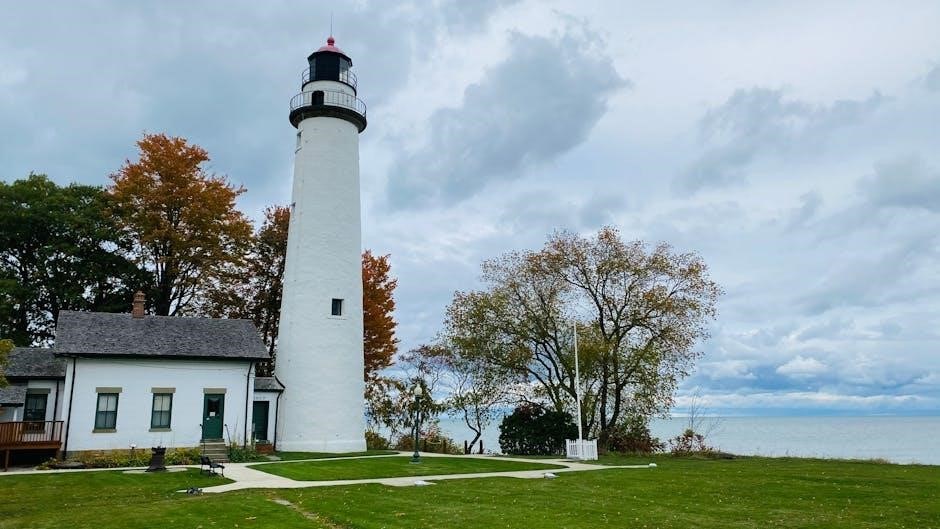
Reviews and Testimonials
Anglers praise Lake Grenada crappie guides for their expertise and professionalism. Many highlight successful trips‚ citing knowledgeable guides and memorable experiences; Excellent service and large catches are often noted.
9.1 Angler Experiences with Lake Grenada Guides
Anglers consistently praise Lake Grenada crappie guides for their exceptional knowledge and dedication. Many share stories of unforgettable trips‚ highlighting the guides’ ability to locate large crappie schools. Their expertise in selecting the right tackle and techniques ensures memorable fishing experiences. Several anglers appreciate the guides’ patient instruction‚ making trips enjoyable for both novices and seasoned fishermen. The combination of professional guidance and the lake’s abundant crappie population often results in impressive catches and lasting memories. These positive experiences have solidified Lake Grenada’s reputation as a premier destination for crappie fishing enthusiasts.
9.2 Success Stories from Past Trips
Many anglers have shared remarkable success stories from their trips with Lake Grenada crappie guides. One angler recounted landing a trophy-sized crappie weighing over 3 pounds‚ a memory he called “unforgettable.” Another praised the guides for their expertise in locating schooling fish‚ resulting in a day filled with non-stop action. Several visitors have reported catching their personal best limits‚ often exceeding expectations. These successes highlight the guides’ deep understanding of the lake’s ecosystem and their ability to adapt strategies for optimal results. Such achievements have made Lake Grenada a go-to destination for anglers seeking exceptional crappie fishing experiences;
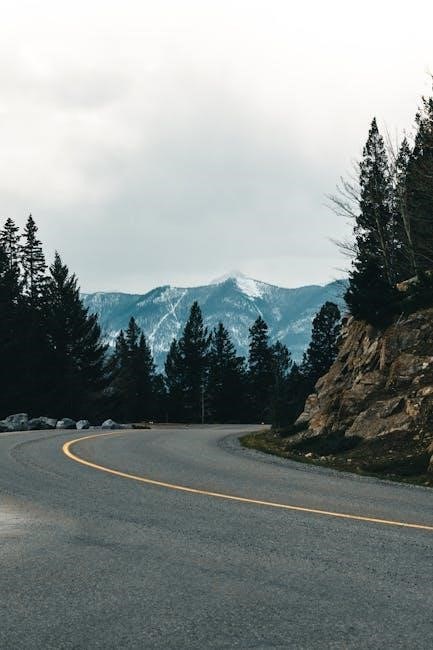
Future of Crappie Fishing in Lake Grenada
The future of crappie fishing in Lake Grenada looks promising‚ with conservation efforts ensuring sustainable populations. Experienced guides and emerging techniques will continue to attract anglers‚ fostering growth and excitement for years to come.
10.1 Conservation Efforts
Conservation efforts are crucial for maintaining the health of Lake Grenada’s crappie population. The Mississippi Department of Wildlife‚ Fisheries‚ and Parks has implemented measures to protect habitats and improve water quality. Regular fish stocking programs ensure sustainable populations‚ while restrictions on overfishing help preserve the ecosystem. Educational initiatives teach anglers about responsible fishing practices‚ emphasizing catch-and-release techniques and size limits. These efforts‚ combined with collaboration between local guides and wildlife experts‚ ensure the long-term viability of crappie fishing in Lake Grenada‚ making it a premier destination for anglers.
10.2 Emerging Trends in Fishing Techniques
Emerging trends in crappie fishing techniques on Lake Grenada include the use of advanced sonar and GPS technologies to locate schools more efficiently. Guides are adopting innovative trolling methods and experimenting with new lure designs to target trophy crappie. Additionally‚ there is a growing emphasis on sustainable fishing practices‚ such as using eco-friendly tackle and promoting selective harvesting. These trends not only enhance the angling experience but also contribute to the conservation of Lake Grenada’s crappie population‚ ensuring its reputation as a world-class fishing destination remains intact for future generations.
Lake Grenada crappie guides offer unparalleled expertise‚ ensuring memorable fishing experiences. Their knowledge‚ combined with the lake’s abundant crappie population‚ makes it a premier destination for anglers. Plan your trip today!
11.1 Final Thoughts on Lake Grenada Crappie Guides
Lake Grenada crappie guides are indispensable for a successful fishing experience. Their deep knowledge of the lake and expert techniques ensure anglers of all skill levels catch memorable trophy crappie. Whether you’re a novice or seasoned angler‚ these guides enhance your trip with personalized attention and insights. Their dedication to conservation and sustainable fishing practices also supports the lake’s ecosystem. With their expertise‚ Lake Grenada remains a premier destination for crappie enthusiasts. Plan your visit and let these guides create unforgettable fishing memories for you and your group.
11.2 Planning Your Next Fishing Trip
Planning your next fishing trip to Lake Grenada requires research and preparation. Start by booking a reputable crappie guide who knows the lake’s hotspots. Check the season and fish behavior to maximize your catch. Pack essential gear‚ including rods‚ reels‚ and lures specifically suited for crappie. Arrange accommodations near the lake for convenience. Don’t forget to purchase the necessary fishing permits and review local regulations. Choose the best time of day and weather conditions for fishing. Finally‚ stay flexible and enjoy the serene beauty of Lake Grenada while reeling in trophy crappie with expert guidance.